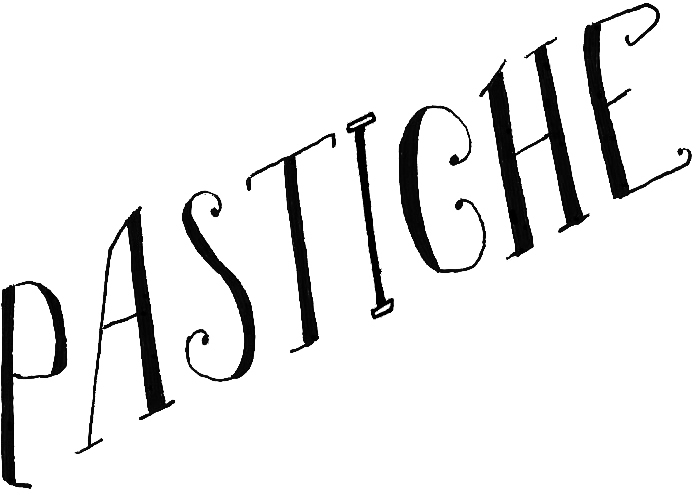Rose-tinted
How wonderful are good memories? And I don't mean the specific details of your memories, but just how wonderful it is that we're able to feel nostalgic. There's nothing quite as rose-tinted as a good memory. Much like looking forward to things in anticipation, memories are also painted in the best light—an unsullied, unadulterated light. It is easy to be critical in the current moment, or to be distracted, or to wish things were slightly different. But when you look back fondly or you look ahead with excitement, everything seems to be painted in the most flawless light.
And that's why I love traditions. Not just traditions like opening up one present on Christmas Eve, but traditions in the truest sense of the word. Traditions bring back memories of past times, and they're symbols of the future, too. When I'm brought back to those places where traditions have taken place, it is as if time is suddenly a different metronome. I'm living in the past and the present simultaneously, and it's both remarkable and also a little sad. It's remarkable to feel how much I've grown, how much has changed; and it's sad, even tragic, to realize I may feel different than I did before, or that some things are different than they were before. But the tradition itself, in those moments, can act as the tie that binds. In a world of beautifully moving parts, the tradition is what alters time, and roots us in our memories.
My dad died when I was 21 and a junior in college. My older brother was 22, a senior, and my younger brother was 19, a freshman. He got sick quickly (at least our knowledge of it), and died suddenly. The entire thing is possibly still as bizarre and shocking to me now as it was then. Another thing that alters time as a metronome: death.
My dad was an "epitome" person. That's not a typical phrase, but it's perfectly accurate in the way I mean to describe him. He was WHO he was, and everybody knew that guy. The way he spoke, the words he'd use, his half crooked smile, his quick and limitless sense of humor, his at-times cringeworthy inappropriateness; that's just who he was. He was one of the funniest guys I've ever known. If he loved a song, it reminded you of him every time you ever heard it. If he didn't want to be somewhere, he wasn't going. If he thought something, he said it. I'll never pass a motorcycle, have Good & Plenty candy, watch 60 Minutes or Antiques Roadshow, see a bolo necktie or a beret or a strange pair of reading glasses, drink a Shirley Temple, hear Jackson Browne or Eric Clapton or Sting or "This Must Be the Place," go to Pastabilities, hear of Thousand Islands Park, without thinking of him and his many passions and loves.
I miss my dad. We miss our dad. My mom misses our dad. But traditions and memories keep people like my dad immortal. There's an unspoken, although sometimes spoken, understanding in my family of just the exact role my dad would play in every circumstance or situation in which we find ourselves, if he were still here. We could have written his lines for him; we knew him so well. But it wasn't just us who knew him this well. In fact, we didn't see any side of him that he didn't also offer to his close friends or even his acquaintances. He was an unfiltered open book, and one that blurred the lines between dad, husband, friend, bachelor, socialite, bartender, thinker, feeler. Everyone knew the same guy, and if you didn't hate him, you loved him. And I don't think anyone hated him.
And it is both sad and remarkable that some traditions don't feel anything more than "routine" when you're living them. It is only when the moving parts are so significantly altered as to make you question for a minute how they were even arranged before—you don't exactly remember— you just know something is sorely, sorely missing, and you will cling onto any of the parts, even clues about the parts, that still remain. And those become the cherished tradition, to be remembered in the best light, for the rest of eternity.
Traditions, and the memories that accompany them, feel like a really, really old tree. The rings around the tree show its age, but they're not linear in time, they're just layered on top of each other. That's why traditions have the ability to make you feel the present and the past, all that's missing and all that ever was, all at the same time.
